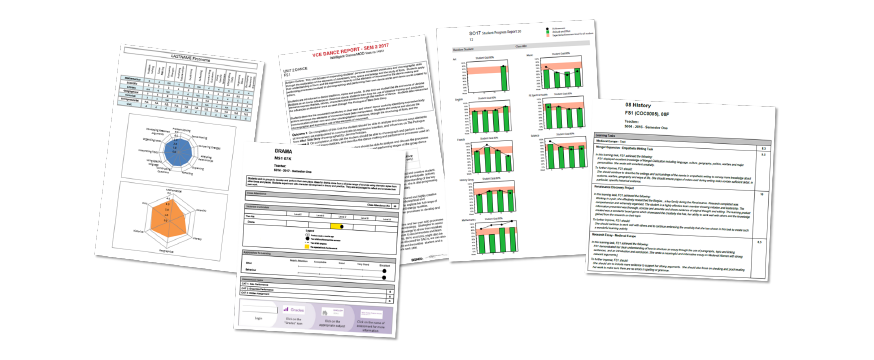Publication Date
9-24-2015
Subjects
Student assessment, Monitoring (Assessment), Data, Evaluation utilisation, Policy formation, Educational policy, Primary secondary education, Systematic reviews
Abstract
Not much is known about the ways in which assessment data have actually been used in education policy to date. Understanding the role of assessments in informing system-level decision-making is a first step towards helping stakeholders improve the design and usefulness of assessments. Moreover, this understanding can help to further discussions about how assessment data can best be used to inform policy and practice and to evaluate the effectiveness of policy reforms. This paper presents results from a systematic review of 68 studies that examined the link between participation in large-scale assessment programs of students’ learning and education policy in 32 countries in the Asia-Pacific region. Included studies either identified specific cases of assessment results being used by policymakers to inform education reform in their systems, or identified specific cases when assessment results had no impact on education policy in specific education systems. The review classified the available evidence to address the questions:
- What types of assessments have impacted education policy in the region?
- What are the intended uses of assessments?
- How are assessment data used in education policy?
- What education policies have been informed by assessments?
- What factors influence the use of assessments in education policy?
Recommended Citation
Tobin, Mollie; Lietz, Petra; Nugroho, Dita; Vivekanandan, Ramya; and Nyamkhuu, Tserennadmid (2015). "Using large-scale assessments of students' learning to inform education policy: Insights from the Asia-Pacific region." Melbourne Vic: Australian Council for Educational Research (ACER) http://research.acer.edu.au/monitoring_learning/21
Copyright Statement
Australian Council for Educational Research © 2015
Place of Publication
Melbourne Vic
Publisher
Australian Council for Educational Research (ACER)
ISBN
9781742862965



Comments
The review was conducted by the Australian Council for Educational Research (ACER) through its Centre for Global Education Monitoring (GEM). It was a joint activity with the Network on Education Quality Monitoring in the Asia-Pacific (NEQMAP), for which the United Nations Educational, Scientific and Cultural Organization (UNESCO) Bangkok serves as Secretariat.